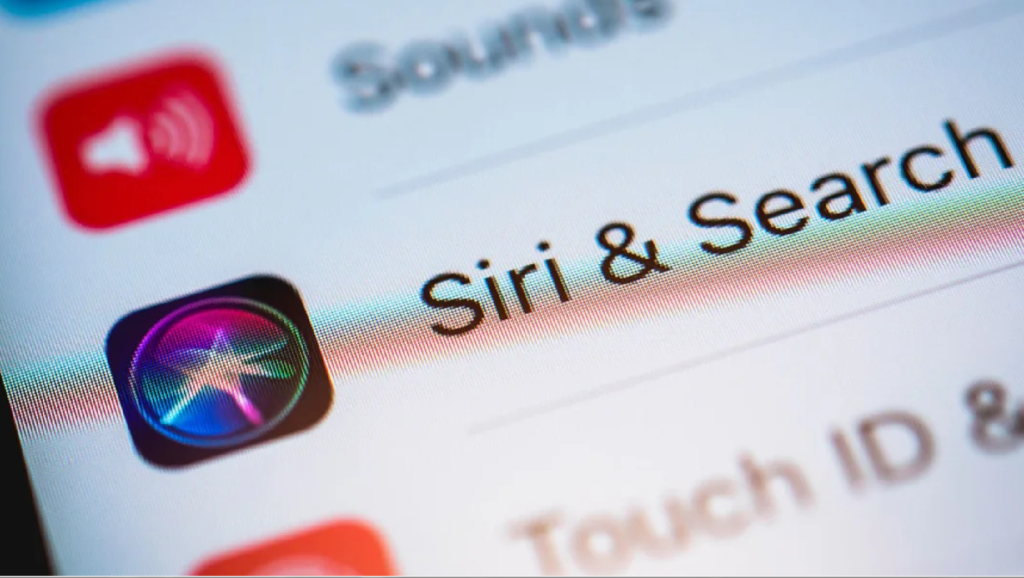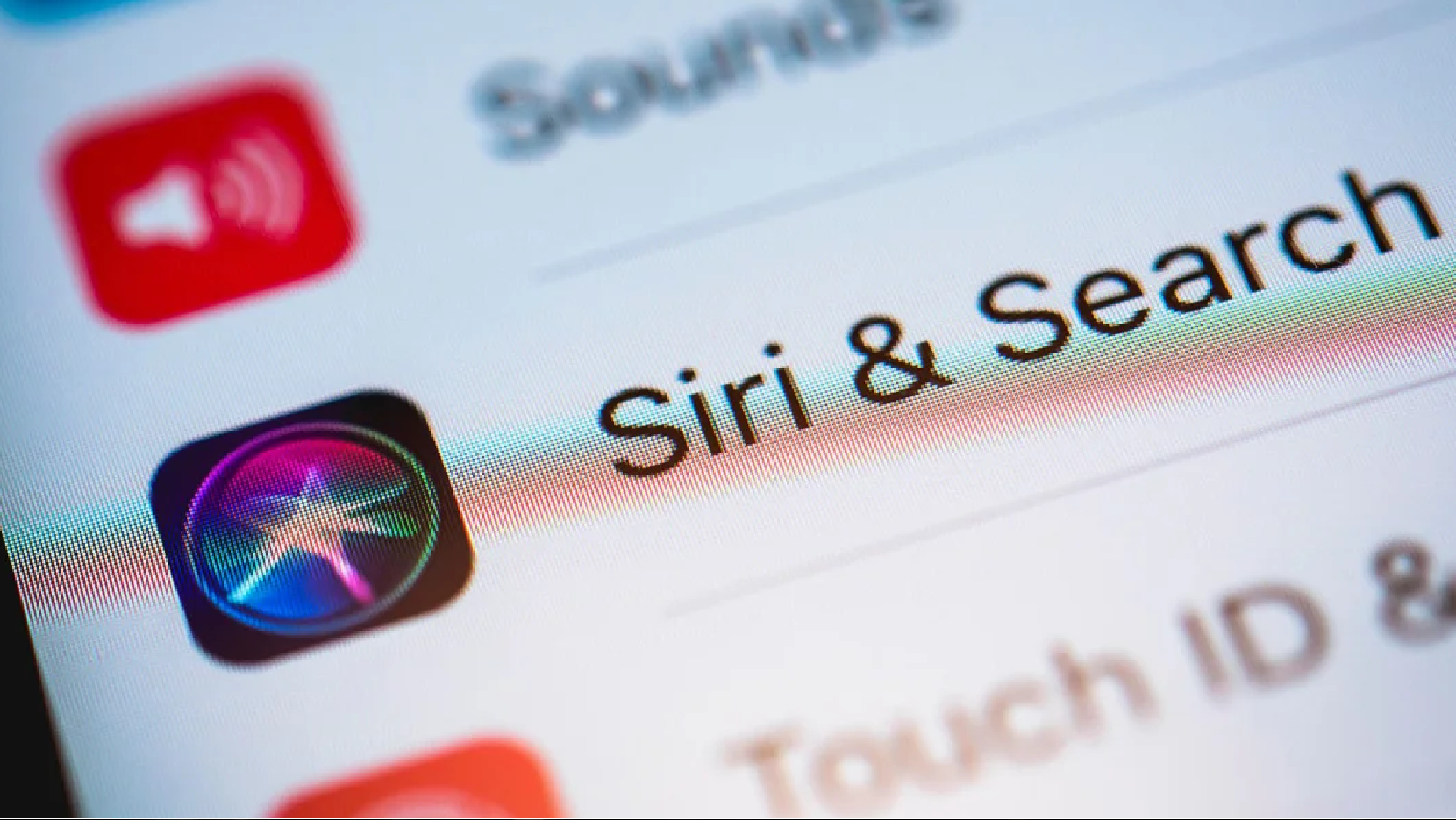
Apple Set to Unveil Major AI Push at Amidst Growing Challenges
- entspos
Apple is set to launch one of its most crucial events in recent years at the annual Worldwide Developers Conference starting Monday. The company is expected to reveal a partnership with OpenAI and introduce the first wave of generative AI tools for its mobile operating system.
This AI push could revitalize iPhone sales and services, especially as consumers delay upgrades and economic uncertainties loom, particularly in China. Apple also faces regulatory scrutiny in Washington and was recently overtaken by Nvidia as the second-largest public company in the US.
“Generative AI is a key opportunity across our products, and we have unique advantages,” Apple CEO Tim Cook said during the company’s earnings call in early May, hinting at upcoming announcements.
Typically, Apple takes its time to adopt and perfect new technologies. However, the rapid adoption of generative AI worldwide may be pushing the company to quickly integrate cutting-edge technology into its smartphones.
Wedbush analyst Dan Ives believes Apple’s commitment to AI will “kick off a new frontier” with lasting impacts on its products and services.
Apple is expected to introduce its AI initiative, “Apple Intelligence,” which will be opt-in only and require an iPhone 15 Pro or a device with an M1 chip or newer, as reported by Bloomberg.
Integrating generative AI into Siri could transform it into a sophisticated chatbot capable of performing tasks like recalling old photos or answering detailed questions. Over time, Siri could learn user preferences and personalities for more personalized responses.
AI-powered features might also assist users with tasks such as summarizing and drafting emails or bringing up information with a finger gesture. These features will likely adapt seamlessly to users based on voice, audio, natural language, images, and contextual cues.
“Generative AI will enable future iPhones to act as a sixth sense, enhancing our interaction with the world,” said Thomas Husson, an analyst at Forrester.
AI could also be embedded within Apple’s ecosystem, enhancing apps like Apple Maps, iMovie, and iPhoto. Some analysts anticipate Apple will provide tools for developers to create new AI-driven experiences.
Reece Hayden, a senior analyst at ABI Research, expects Apple to showcase on-device AI benefits and outline its long-term vision, including R&D efforts, investments, and acquisitions.
Reports suggest Apple was considering partnerships with both OpenAI and Google but has now settled on a deal with OpenAI. This partnership could be detailed during Monday’s keynote.
“If OpenAI powers Apple’s AI capabilities, a formal partnership announcement is expected to clarify regulations, data usage, and privacy concerns,” Hayden said.
While this partnership could boost innovation, it might also limit Apple’s control over product development and data regulation. Aligning with OpenAI, which faces public trust issues, could pose future risks. Recently, OpenAI employees called for greater transparency and protection for those voicing concerns about AI’s risks.
Apple’s longstanding commitment to privacy and security will likely be emphasized in the announcements. Companies acknowledge AI’s risks, including misinformation, manipulation, and potential loss of control. Educating the public on these risks and protective measures is crucial.
**Vision Pro Update:**
Apple is expected to update its Vision Pro mixed reality headset, announced a year ago and available since February. CEO Tim Cook noted that over half of the Fortune 100 companies have purchased the Vision Pro, exploring innovative applications.
Generative AI could enhance the headset’s personalization and immersion, offering new use cases in education and medicine. Tuong Nygugen, a director analyst at Gartner, said any company involved in headsets must consider AI integration across all product lines.
While it’s uncertain what will be a success, companies are compiling use cases, focusing on enterprise, and promoting future experiences and devices. Enhancements could also boost sales of the Vision Pro, which starts at $3,499 and has reportedly faced weak demand.














